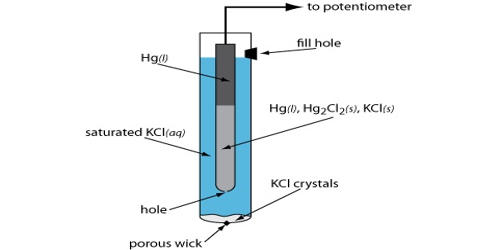Labor economics seeks to understand the functioning and dynamics of the markets for wage labor. It is a study of the labor force as an element in the process of production. It’s important to society as it determines wages, the causes of discrimination, the impact of migration on employment, and how governments should manage recessions. Labor is a commodity supplied by laborers in exchange for a wage paid by demanding firms. This perspective is important in understanding both investment incentives, and the structure of wages and earnings. It is the study of the economic behavior of employers and employees in response to changing prices, profits, wages, and working conditions.
Labour markets or job markets function through the interaction of workers and employers. Labor economics looks at the suppliers of labor services (workers) and the demanders of labor services (employers), and attempts to understand the resulting pattern of wages, employment, and income. The labor force comprises all those who work for gain, whether as employees, employers, or as self-employed, and it includes the unemployed who are seeking work. The mainstream understanding of women’s employment in labor economics is ‘men as breadwinners and women as second earners.’ Labour markets are normally geographically bounded, but the rise of the internet has brought about a ‘planetary labor market’ in some sectors.
Labor is a measure of the work done by human beings. Labor economics involves the study of the factors affecting the efficiency of these workers, their deployment between different industries and occupations, and the determination of their pay. It is conventionally contrasted with such other factors of production as land and capital. The labor economic theory of supply and demand suggests that teachers will enter and stay in teaching (or a particular position) if it is the most attractive activity available based on overall compensation. Some theories focus on human capital (referring to the skills that workers possess, not necessarily their actual work). Labour is unique to study because it is a special type of good that cannot be separated from the owner (i.e. the work cannot be separated from the person who does it). Conditions of service are important in that they have an influence on the desirability of teaching as a career and, once employed, whether teaching remains an attractive alternative among all of those available. A labor market is also different from other land markets in that workers are the suppliers and firms are the demanders.
















